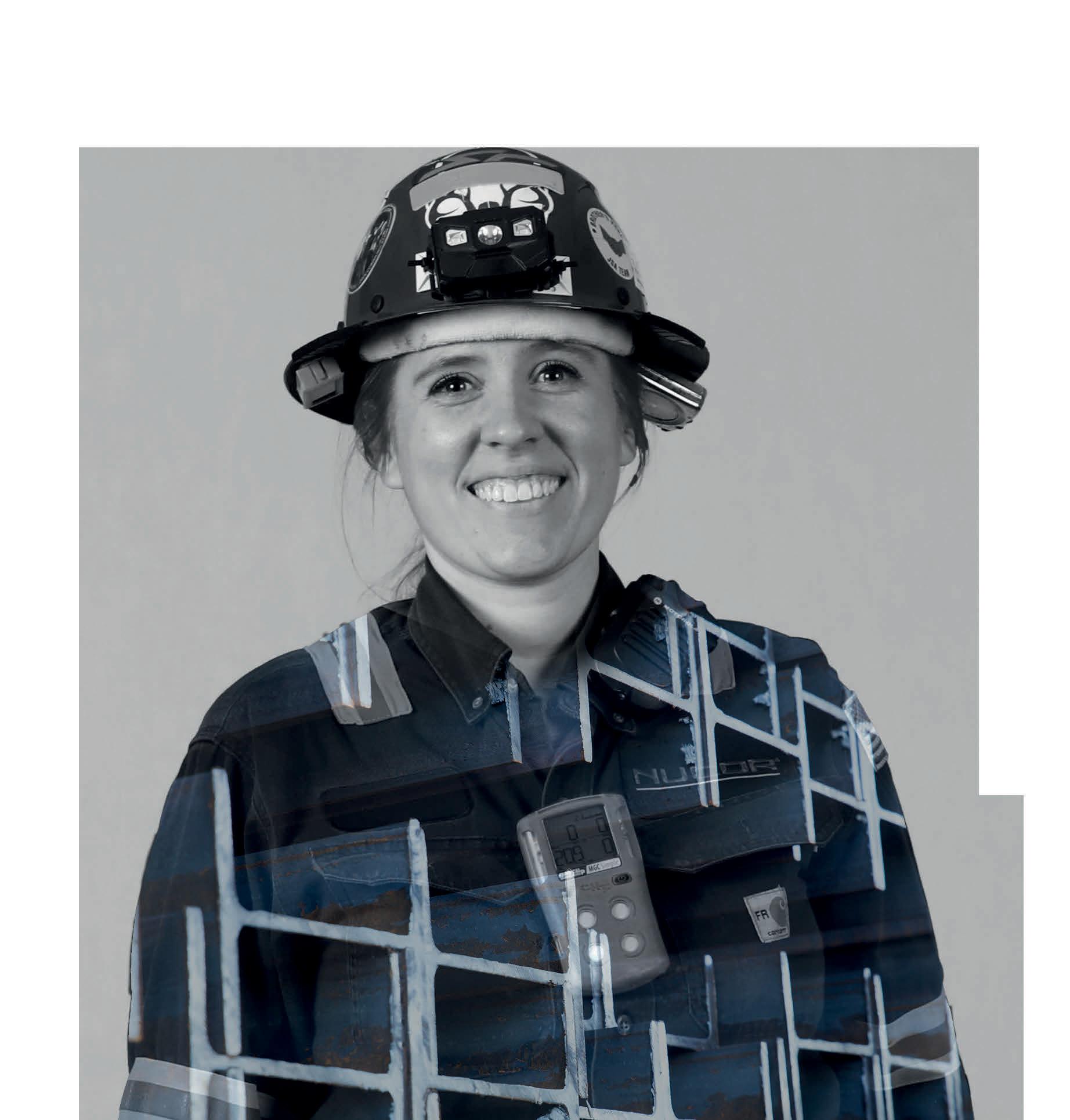
2 minute read
Honoring the Craft
from BluePrint 2023
In-house or on-campus, technical training takes center stage
For generations, a young person’s primary source of technical education was through a parent or family member or perhaps a random shop class in high school.
Today, however, cutting-edge technical training is more accessible than ever as two-year colleges and employers invest considerable time and big bucks to develop the workforce of tomorrow. And, through partnerships, these organizations are even more effective in reaching their intended audience.
“The partnerships we have helps get the word out earlier to our high schools and through our high school partners, letting students know that there’s more than one pathway to success,” said Dr. Jamie Frakes, associate vice president for workforce development and allied technologies at Arkansas Northeastern College in Blytheville.
“Once they get here for a tour, they are completely wowed by what we offer here at Arkansas Northeastern College. Our allied technologies building is state of the art; when you go through it, you see our welding lab, our HVAC lab. Our construction technology program is on the rise.
“On top of that, there are all of these computer labs and amenities that we offer through this building and through our credentials here at this college. I think it really impresses these students and it’s letting them know that the future is now.”
ANC has distinguished itself in many technical areas, from welding to plumbing to electrical training, not to mention an advanced steel technology program that’s the envy of the country. The college partners with Nucor-Yamato Steel to offer an intensive two-year internship program that can and does lead to permanent employment. And, there’s more.
“One thing we have rolled out recently is a certificate of proficiency in entrepreneurship. That’s something we’re really focused on right now,” Frakes said. “We’ve been able to push that as a post-secondary credential and it’s something that current and prospective small business owners are interested in.”
ANC’s focus on skilled careers results in workplace-ready graduates who enjoy higher wages than their peers, including those with four-year degrees. Arkansas Northeastern grads earn an average salary of $55,000, which is $7,100 more on average, than graduates from second-place University of Arkansas. Five years after graduation, ANC graduates are still making more than graduates of any other school in the state.
Combine that with ANC’s lower tuition and a shorter time required to earn a degree and the economics lie heavily in ANC’s favor.
“First and foremost, Arkansas Northeastern delivers low cost and a high return for students when they get a job,” said Dr. Stacey Walker, dean for customized training. “We’re not talking about pennies, we’re talking about thousands of dollars’ difference. Plus, we have excellent job placement services here. We help you find your first job and if needed, you can come back and we’ll help you find another job.”
Walker also said in addition to the latest in technical training, the curriculum at ANC also strives to polish students’ soft skills, the intangible qualities that employers are clamoring for.
“We have a class called Workplace Essentials and it hits every one of the soft skills that industry has deemed important for an entry-level worker,” she said. “That includes time management, conflict resolution, team building and things that you would do in the workforce. We prepare the whole student for success.”









